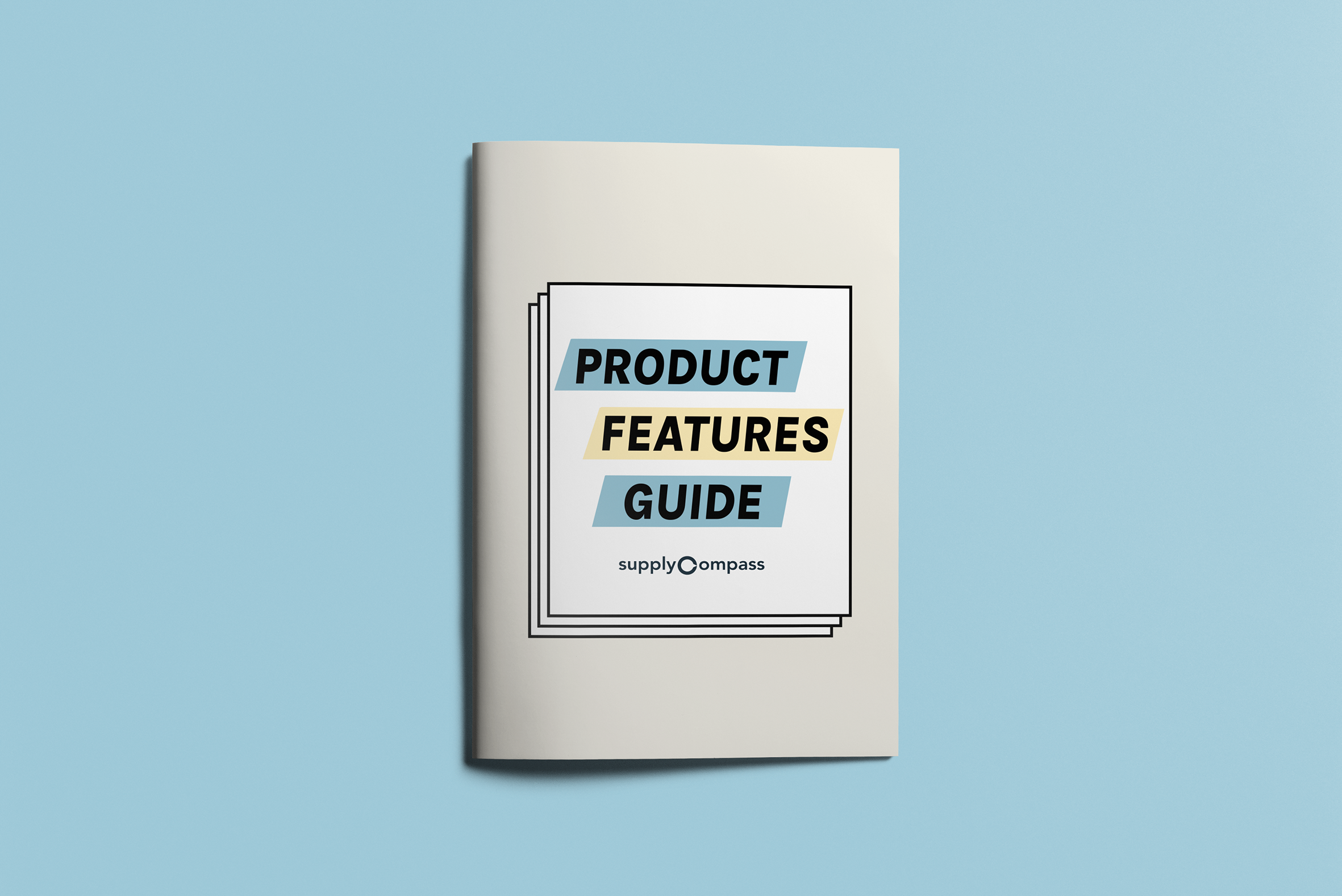
Here’s how tech enables sustainability
What’s the first thing that comes to mind when you think of sustainability?
Is it using organic cotton? Recyclable packaging? Fair wages?
Data is rarely the answer. But having all your information in a structured manner, all in one place is the first step to understanding the areas that need improvement and how to implement the next steps.
Understanding how you communicate with your manufacturers and whether you are being fair with them and taking equal share of accountability and risk is also important.
Watch/Listen to Co-Founder and Head of Product Flora Davidson explain how technology can enable brands to embed sustainability principles into their business.
Video transcript
What kind of data do people need? So when we look at data, what, typically, people focus on is product data, and product data is a really important part of the analysis of your impact. However, there are all these other areas, which is the sampling process, your sample hit rate, where you’re shipping all your samples from. And then there’s also this other part which often gets forgotten, which is buying practices, the ethics, the human side of it, which ultimately is fundamental to look at before starting to approach the environmental side or looking at them alongside each other. How are you negotiating your payment terms? Do you pay on time? All of these things should be considered as part of the impact of your business, your product. So it’s a lot more holistic, and it’s really looking at it from multiple angles and looking at how you operate as a business. How are you approaching doing production?
What’s often hard in production is to understand the impact of your decisions outside of your immediate decision-making process. So if you delay an approval, if you change your mind, you can’t understand the impact that that may have. And this is something where technology can really play a very powerful role, is in holding everyone accountable for their decisions, because every decision made in production may have an impact, large or small. But often, the impact of these decisions are not communicated back to the person who’s made them. So the large decisions that have these major impacts is things like canceled orders, is things like changing the payment terms halfway through an order, is things like canceling styles where the material’s already been sourced.
But technology can make you aware of the impact of those changes. If you tell people that something has a bad impact on someone else and appeal to the human side of them, then you’re more likely to get them to make the right decision. Ultimately, with our industry, people want, they want to be good. They want to do the right thing. But what happens is that things get in the way. Life gets in the way. There’s someone saying, “This needs to be here on this time. “Otherwise, we’re gonna get fined.” Okay. And then it doesn’t, and everyone freaks out, and then they blame someone. It’s really challenging to make the right decision when you’ve got all these pressures. But if you have really set, structured ways of working in there, then you can actually set you and your team and your factory relationship up for success more easily.
Our philosophy, our belief is that to jump forward further in the progression of the industry, which is what is needed, we haven’t got time to make tiny, incremental changes. To make that leap, it starts with changing how brands and their manufacturers view their working relationship together and shift from this transactional and exchange-based towards a collaborative partnership. ‘Cause the essence of what makes a collaborative partnership is that both of you benefit, is that new value is created for every part of that relationship, rather than just one side.
Want to read and view the full Talking Tech series where Flora talks about the specific problems in the fashion industry that SupplyCompass is uniquely solving?
Click the following links to read the full series:
- Fashion is Creative, Tech needs to be too
- Here’s how Tech enables Sustainability
- SMEs need agile, hybrid tech
- Tech needs to be 2-sided and Collaborative
- You’ve got to get Sampling right!
- Enter Collaborative Date-ing.
- It’s all about The Style.
- The Agile PLM for SMEs
- Brands need Structured, Shared Workspaces.
Book a 1-1 with our team
Nayanika is a designer, writer and illustrator whose work spans research, storytelling and strategy for sustainability in fashion. Her interests specifically lie in sustainable supply chains, craft production/innovation, circular economies and design for social innovation. She graduated from the prestigious MA Fashion Futures program at London College of Fashion with a Distinction in 2019, and has researched at and written for Centre for Sustainable Fashion and Fashion Revolution, amongst others.
More on our blog
We’ve launched our comprehensive Product Features Guide!
We’ve just launched The SupplyCompass Product Features Guide. We break down all our 95+ features and sub-features, explaining how you can use them and what makes them tick—so you can understand how SupplyCompass can help SME fashion brands like you.
Right Thing #5 - The name of the game is Agility
In agility, there’s a real emphasis on co-creation, on a cycle of continuous improvement, production and distribution with regular reflections on how to be better by constant fine-tuning and adjusting. Brands and supply chains being agile will, no doubt, be the most successful — and sustainable — organisations of the future.
Brands need a shared, structured workspace
Do you always know where everything is at, all the time? Dates for product delivery, tech packs, whether a sample has been approved? Watch/Listen to Co-Founder Flora Davidson, explain why fashion brands and manufacturers need to collaborate in one structured, organised space.
Get started with our platform
Read the Right Thing
Subscribe to join sustainability nerds, production gurus and thought leaders from companies like Ganni, Adidas, AllBirds and Finisterre & become part of the 10,000+ community who get The Right Thing—a fortnightly letter straight from our Co-Founder’s desk.



